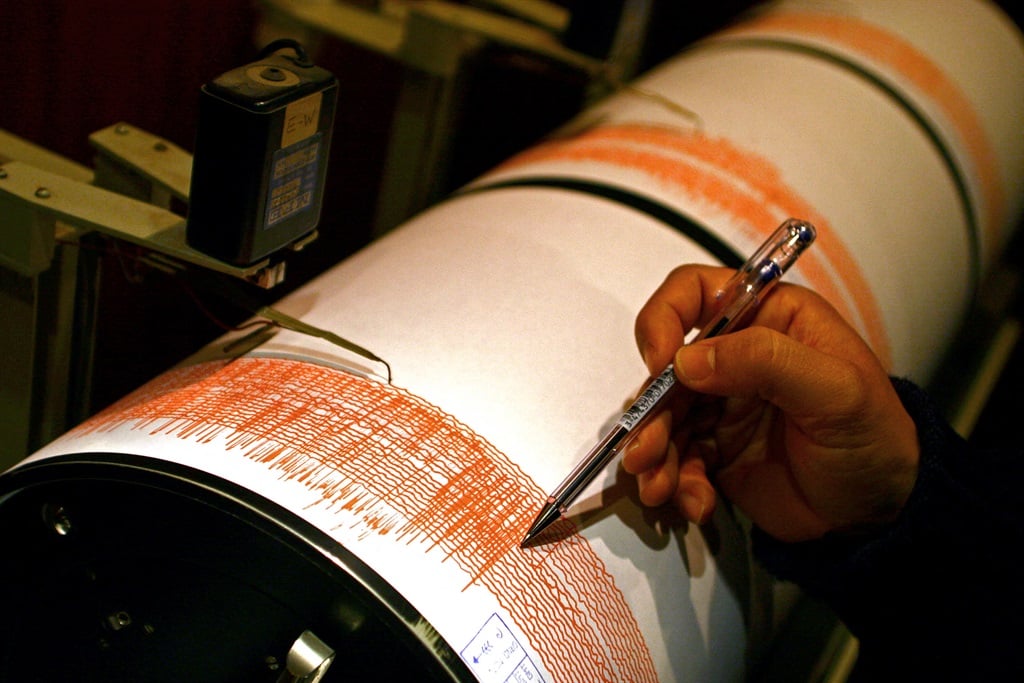The introduction of new tech-focused subjects such as coding and robotics at South Africa’s schools is set to result in the biggest shift the education sector has seen in 150 years, says academic expert and chief executive of Roger Layton Associates, Dr Roger Layton.
Layton is working on a project with the Department of Education to help align South African learners to international educational and technological standards.
Speaking to the SABC, Layton referred to a new curriculum proposed by the Department of Basic Education which will see coding and robotics introduced at the very start of schooling in grade R – going up to grade 9.
“Currently, the software curriculum only really starts in Grade 10, so this is a major shift. The way I am describing it to people is that this is the biggest shift in education in at least the last 150 years. For about 150 years, everybody has been schooled in reading, writing and arithmetic – this is the basic education that everyone gets.”
Layton said that the new curriculum effectively introduces a fourth foundation in robotics, which will be one of the core subjects that every learner will study all the way through their schooling career.
In February 2021, the Department of Education said that it plans to introduce a coding and robotics pilot project at grades R-3 in 200 schools across all provinces, and with grade 7 in 1,000 schools across all provinces. The department stressed that no additional teachers will be hired, with the new curriculum to be taught by existing teachers, following training.
Seliki Tlhabane, chief director of Maths, Science, Technology and ICT in the Department of Basic Education said that a number of factors needed to be considered when introducing any new subjects into schools. These include:
- There must be a written and approved curriculum.
- There must be trained subject advisors and orientated and trained teachers to teach the curriculum.
- There must be Learning, Teaching, Support Materials (LTSM) such as workbooks or digital resources.
- The schools that are offering the subject must be ready and equipped with the necessary resources (workshops, labs) depending on the subject.
- There must be clear guidelines on how the subject will be assessed.
A Curriculum and Assessment Policy Statement (CAPS) published in March 2021 provides an overview of what learners are set to learn in each grade as part of the proposed curriculum.
Read: Push for fewer lockdown restrictions at South Africa’s schools




















Discussion about this post